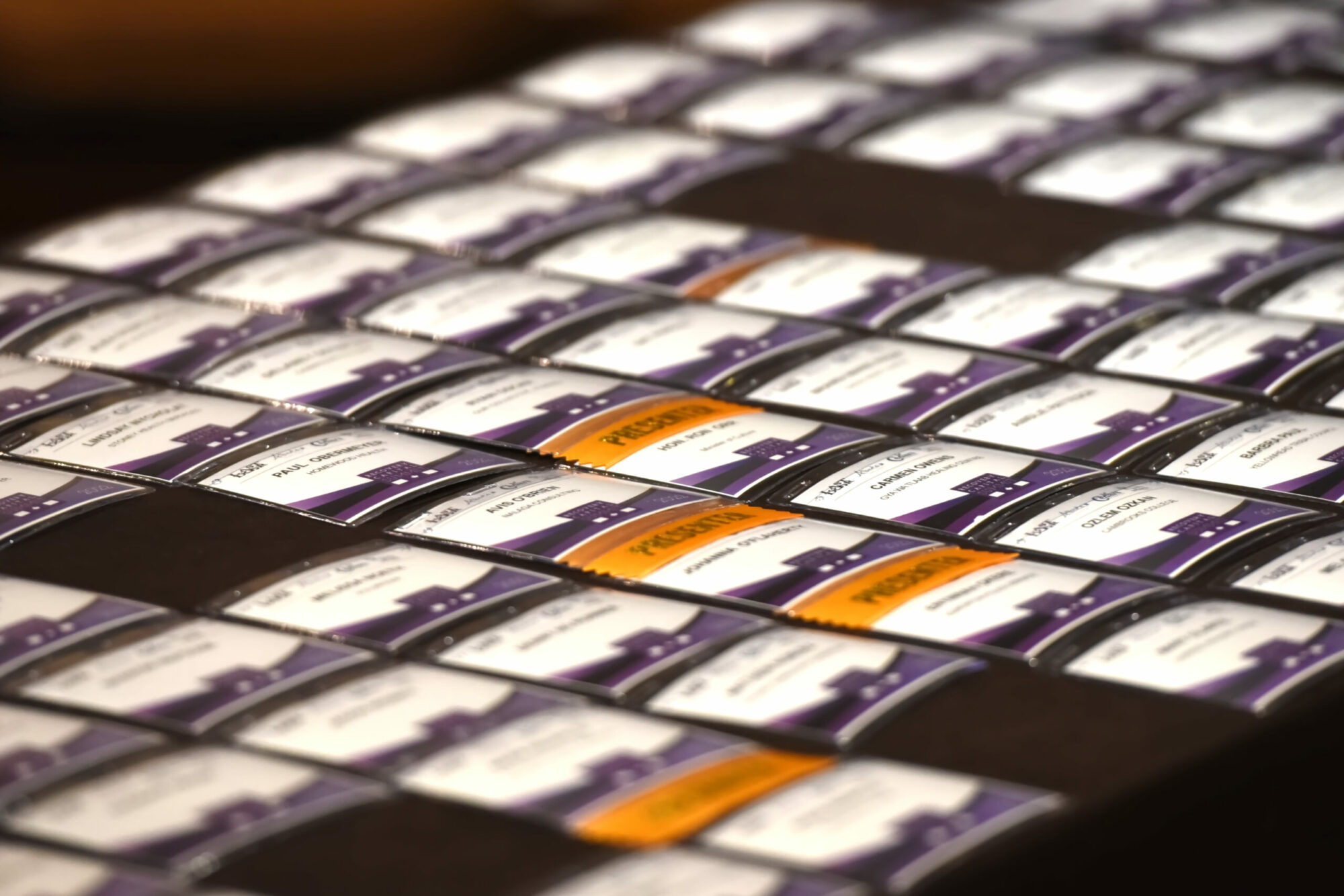Kristen Harper
September 13th 1:30-3:00pm Sky Room
Abstract: Adolescent and emergent adults in recovery from substance use disorder are confronted with the challenge of protecting their new way of life everyday campuses. Peer influences, academic pressure, and family stressors can often be too much for young people who are in the process from recovering from addiction.
These recovery hostile environments can be a barrier to sustained recovery, often causing students to dropout or return to use within a very short period of time. Over the past thirty – five years, however, educators, therapists, peers, and families have come together to address this severe lack of services for youth seeking a supportive community of understanding. Recovery High Schools and Collegiate Recovery Programs provide developmentally appropriate safe and affirming environments that enable students to thrive in their educational and personal pursuits.
This interactive presentation will provide conference attendees with a fresh perspective on youth recovery supports in educational settings as well as demonstrate how these programs impact communities at large. Participants will also be given a step by step process for creating recovery schools or collegiate recovery programs in their local communities.
Objectives:
(1) Understand continuum of recovery care services in secondary and post secondary settings, (2) Discuss community impact of recovery support services in secondary schools and institutions of higher education, (3) Review observations, patterns, and trends from various model recovery high schools and collegiate recovery programs across the U.S. and how these programs are replicable.
References: (n.d.). Retrieved March 15th, 2018, from http://www.collegiaterecovery.org/
Finch, A. J., & Karakos, H. L. (2014). Substance Abuse Recovery and Schooling: The Role of Recovery High Schools and Collegiate Recovery Communities. Peabody Journal of Education, 89(2), 159-164.
Fisher, E. A. (2014). Recovery Supports for Young People: What Do Existing Supports Reveal About the Recovery Environment? Peabody Journal of Education, 89(2), 258-270.
Harris, K. S., Baker, A. K., Kimball, T. G., & Shumway, S. T. (2008). Achieving Systems-Based Sustained Recovery: A Comprehensive Model for Collegiate Recovery Communities. Journal of Groups in Addiction & Recovery, 2(2-4), 220-237.
Kelly, J. F. (2003). Self-help for substance-use disorders: history, effectiveness, knowledge gaps, and research opportunities. Clinical Psychology Review, 23(5), 639-663.
Moos, R. H. (2008). Active ingredients of substance use-focused self-help groups. Addiction, 103(3), 387-396.
Selected Papers of William L. White. (n.d.). Retrieved April 09, 2018, from http://www.williamwhitepapers.com/
Smock, S. A., Baker, A. K., Harris, K. S., & D’sauza, C. (2011). The Role of Social Support in Collegiate Recovery Communities: A Review of the Literature. Alcoholism Treatment Quarterly, 29(1), 35-44.
Transforming Youth Recovery 2017 Census and Definitions of Recovery Support in Higher Education (n.d.) retrieved March 30th, 2018, from https://www.transformingyouthrecovery.org/research/2017-census-and-definitions-for-recovery-support-in-higher-education/.
Bio:
Kristen K. Harper, M.Ed., is currently partnering with Transforming Youth Recovery (TYR) to bring high quality technical assistance to collegiate recovery programs who have received one of TYR’s highly sought-after Seeds of Hope and Bridging the Gap grants. Prior to joining the TYR team, she was the Executive Director of Recovery Communities of North Carolina; a nonprofit, recovery community organization, devoted the promotion of addiction recovery, wellness and citizenship through advocacy, education and support. In 2013-2017, Kristen had the great fortune to be the first, full-time Executive Director for the Association of Recovery Schools (ARS), where she assisted in the creation, sustainability and accreditation of recovery high schools across the country. As the Collegiate Recovery Community Replication Coordinator for Texas Tech University’s Center for the Study of Addiction and Recovery from 2011-2013, Kristen provided technical assistance to over 80 universities seeking to create and manage collegiate recovery programs in all regions of the country. Kristen also founded the Center for Addiction Recovery at Georgia Southern University in 2008 within the College of Public Health, where she also became involved with Recovery Africa, a nongovernmental organization who strives to create recovery supports to communities in Africa. Kristen has been to Ghana, West Africa several times to provide technical assistance to the emerging recovery community. Kristen was invited and joined the Substance Abuse and Mental Health Services National Advisory Council (CSAT) in 2016. As a person living in long-term recovery, Kristen has dedicated her life to helping others access recovery support services, locally, nationally and internationally.
Recovery Capital Conference – Toronto
September 13th and 14th, 2018
PRESENTING SPONSORS |
||
 |
 |
 |
GOLD SPONSOR |
||
|
|
|
|
SILVER SPONSORS |
||
|
|
 |
 |
MEDIA SPONSORS |
||
|
|
 |
Recovery Capital Conference of Canada – Toronto Conference Centre
The Carlu
444 Yonge Street, 7th floor
Toronto ON M5B2H4



